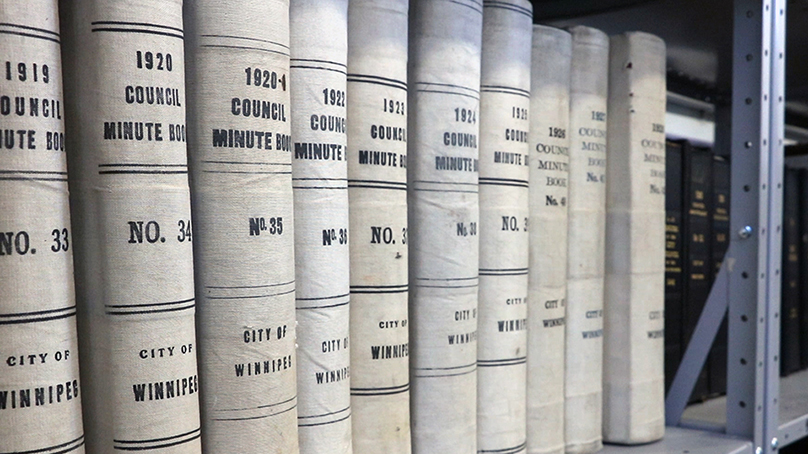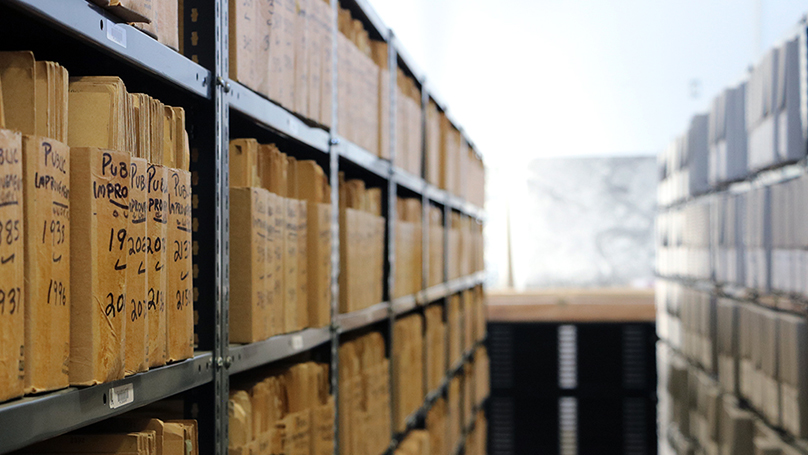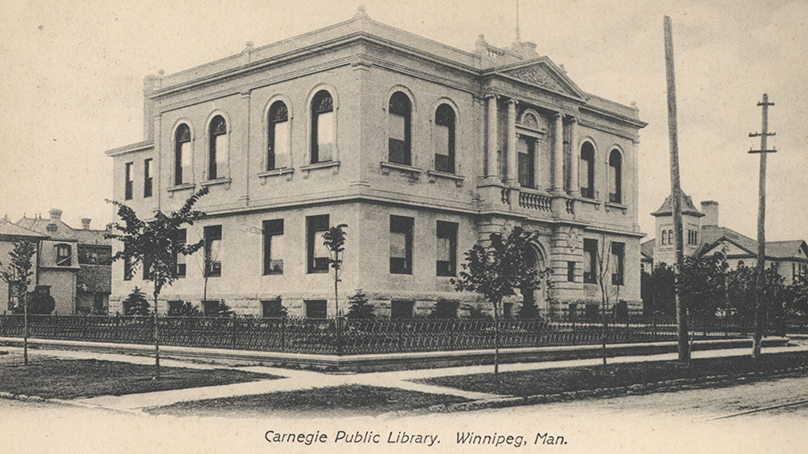We’re planning for the future for our City Archives
Public engagement underway on storage options for future archives growth
June 8, 2021

Since the first official record was stored in 1874, the City’s archival collection has expanded substantially. In anticipation of the continued growth of its collection, the City is in the process of putting together the Archives Strategy.
“A long-term, sustainable solution is required to address the storage and preservation needs for the City’s growing archival collection,” said Konrad Krahn, the City Archivist and Records Manager.
The City is required to retain records related to legal and fiscal obligations. Our irreplaceable collection is considered one of the most complete municipal collections in Canada and contains minutes, by-laws, maps, photographs, drawings, and artifacts.
There is an estimated 10,000 linear feet of records stored in the Archives and Records Control Branch building on Myrtle Street. The Branch moved into that space in 2013 after the former Carnegie Library was damaged.
As part of putting together the Archives Strategy, an external consultant took a look at where the Archives are currently located, the size of the collection, and conducted a jurisdictional scan of like-sized archives.
“We acknowledge the current location is not well-suited for archival storage and programming,” said Krahn.”
The options outlined by the consultant include building a new space, spreading out over two locations, or renovating the former Carnegie Library.
As part of developing the plan, public engagement is underway and residents are encouraged to share their thoughts on the future of archives, including on the potential facility options, through virtual workshops, written submissions, and an online survey.
“We want all residents to be inspired to explore our history, so part of the Archives Strategy will also look to create an accessible space that gives people access to records and the ability to conduct research,” said Krahn.
He said feedback through the public engagement process will be valuable in determining the recommendations included in the final report presented to Council for its consideration, which is anticipated in late 2021.


